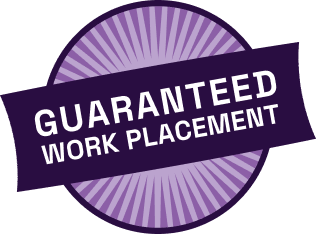Dental Assistant
Dental Assistants and Nurses play vital roles in healthcare, providing essential support and improving patient care in a variety of settings, including clinics, hospitals, and specialist practices. With the growing demand for healthcare services, both professions offer strong job security and excellent career growth opportunities. Dental Assistants can specialise in areas like orthodontics or oral surgery, while nurses can advance into specialised fields such as aged care, emergency, or surgical nursing, further expanding their career prospects.
Ready to make a difference in healthcare? Take the first step towards a rewarding career as a Dental Assistant or Nurse today.
Explore your career as an:
Gender Split
Employment by State
Highest Level of education (%)
Age Brackets
*The information on this page is sourced from the Jobs and Skills Australia website, based on their occupational data collected in May 2024. Where job titles may not be exact matches, related job areas have been used. This data is intended as a guide only.
How to become a Dental Assistant or Nurse?
To become a Dental Assistant, you typically need a high school diploma and relevant training, often obtained through online courses or vocational programs. These educational pathways equip you with essential skills, such as patient care and office management, allowing you to enter the dental field quickly and effectively. With a focus on flexibility, online courses make it easier to balance studies with other commitments while starting a rewarding career in dentistry.







